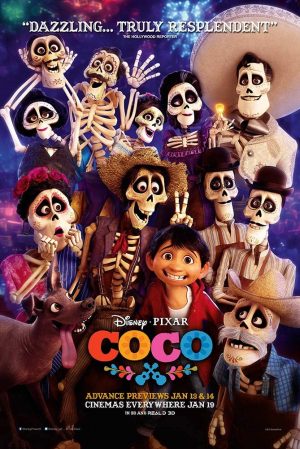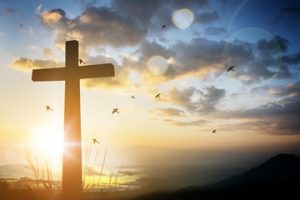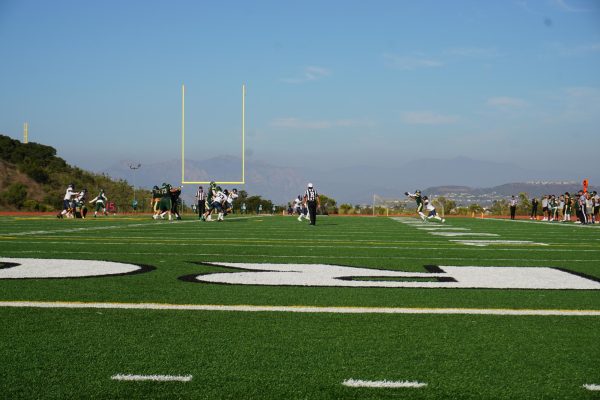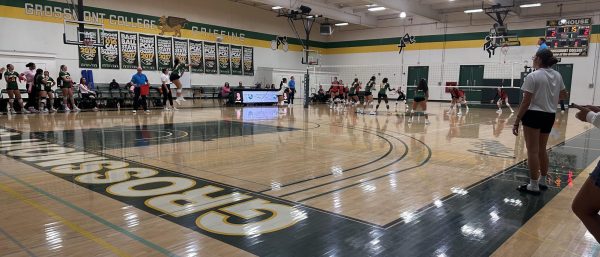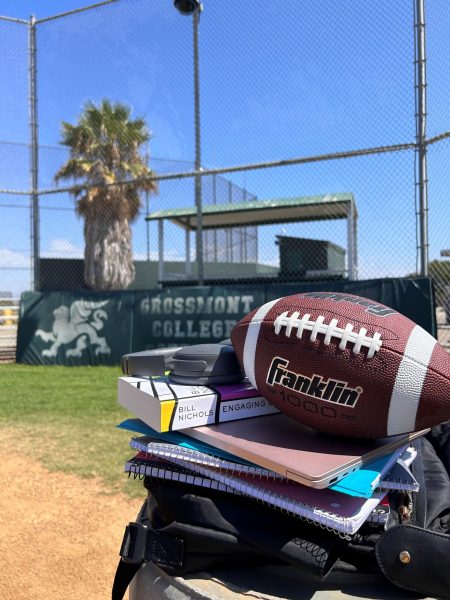Time’s Out Running

October 12, 2018
Prop 7 may throw daylight saving time out the window.
Proposition 7, a measure in the November ballot of the 2018 California General Election, has the ability to abolish a custom Americans have lived by since 1949: the dreaded – as well as beloved – ritual of daylight saving time. The transition to a ‘standard time’ would certainly impact California with positive changes, as well as possibly some negative consequences.
The beginning of the spring semester at Grossmont embodies a surge of pleasant emotions flowing through the hallways of the college. As the dreary winter weather begins to dissipate, students can begin to shed their sweaters as the bright sunshine of a new season brings the bunnies out of their hibernating burrows around campus. This rush of happiness though can become unpleasantly jolted when students are reminded they are going to essentially lose an hour of sleep due to the bi-annual time adjustment known as daylight saving time (DST). In contrast though, during fall, when the dampening weather is taking the pep from most students’ steps, the ‘gaining’ of an hour taking place due to DST is generally welcomed by students and enjoyed.
But is daylight saving time really necessary?
This matter is finally being addressed on the ballot of the 2018 General Election taking place Nov. 6. According to The California General Election Official Voter Information Guide, Proposition 7 on the ballot “conforms California daylight saving time to Federal Law. Allows legislature to change daylight saving time period. Legislative Statute.”
For those of us who are not fluent in the language of politics, this basically means: California would allow state legislature to establish a permanent year-round DST. This can only be done by a majority two-thirds vote and if the change is allowed by federal law. As it stands presently, “The federal law does not allow states to adopt year-round DST. However, federal law allows states to opt out of DST and remain on standard time all year, as is currently the case in Arizona and Hawaii,” according to the official guide.
In a recent Facebook poll, taken Oct. 1 , a total of 80 California residents were asked if they would favor adopting a year-round standard time zone for the state. The survey results concluded that 71 people responded “yes” they would be in favor while the remaining 9 said “no,” they are pleased with DST the way it currently stands.
The same sentiment seemed to be the popular view around Grossmont as well. This was demonstrated when Scott McGann, associate professor and chair of the Economics Department, was asked for his thoughts: “I support the proposition and the elimination of daylight saving time. For me it is a remnant of an agricultural economy that is out of sync with the modern era,” he said.
Advocates for a “yes” vote cite reasoning such as saving energy consumption and reducing health risks such as heart attacks and strokes. The official voter information guide contained these statistics: “University medical studies in 2012 found that the risk of heart attacks increases by 10 percent in the two days following a time change. In 2016, further research revealed that stroke risks increase 8 percent when we change our clocks. For cancer patients the stroke risk increases 25 percent and for people over age 65 stroke risk goes up 20 percent. All because we disrupt sleep patterns.”
This type of research is one of the reasons Dr. Shahrokh Shahrokhi, an economics professor at Grossmont, supports Prop 7. “The biannual time changes might have some benefits but as an economist, I would have to say that the costs exceed the benefits. Time changes are hazardous to the health and productivity of the workforce, school children and seniors. It is time to stop this outdated policy,” Shahrokhi said.
Those advocating for a “no” vote argue that passing the proposition would put California out of sync with other states and add dangers of children attending school during dark morning hours.
In the California Official Voter Information Guide, Sen. Hannah-Beth Jackson (D-Calif.)wrote: “Yes, it’s a minor inconvenience when we ‘spring ahead’ and we lose that hour (even though it’s great to get that extra hour when we ‘fall back’). But avoiding these transitions is not worth the confusion with other states’ times, and the months of dark mornings we’ll have to endure if we have permanent Daylight Saving Time.”
Even if Proposition 7 receives the majority two-thirds vote, California would still have to go through steps in the federal government to implement a year-round standard time for the state. It could very well though mark the beginning of the end to a time ritual that has been embedded, as well as dreaded, in the minds of many.



